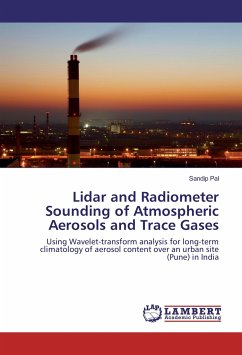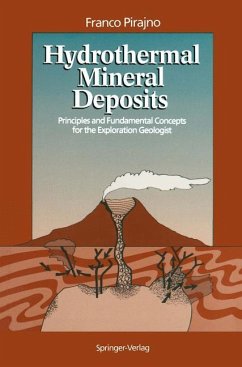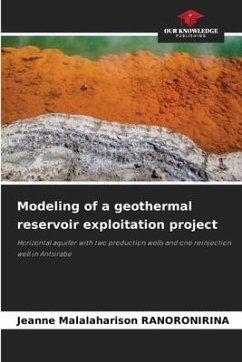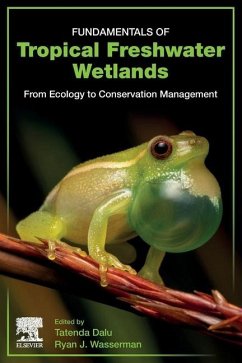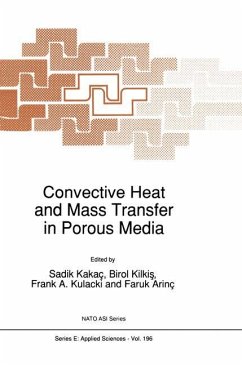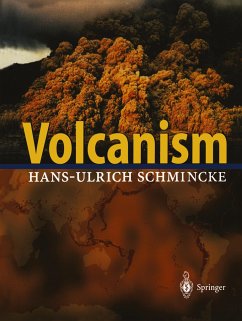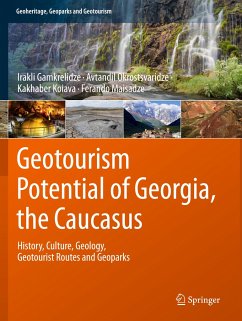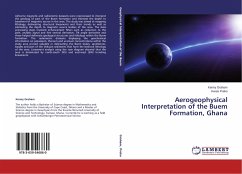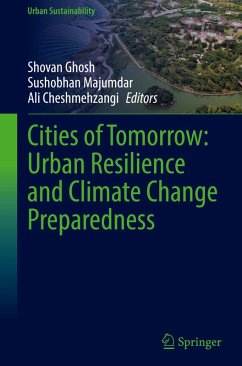
The Encyclopedia of Volcanoes

PAYBACK Punkte
95 °P sammeln!
Volcanoes are unquestionably one of the most spectacular and awe-inspiring features of the physical world. Our paradoxical fascination with them stems from their majestic beauty and powerful, sometimes deadly, destructiveness. Notwithstanding the tremendous advances in volcanology since ancient times, some of the mystery surrounding volcanic eruptions remains today. The Encyclopedia of Volcanoes summarizes our present knowledge of volcanoes; it provides a comprehensive source of information on the causes of volcanic eruptions and both the destructive and beneficial effects. The early chapters ...
Volcanoes are unquestionably one of the most spectacular and awe-inspiring features of the physical world. Our paradoxical fascination with them stems from their majestic beauty and powerful, sometimes deadly, destructiveness. Notwithstanding the tremendous advances in volcanology since ancient times, some of the mystery surrounding volcanic eruptions remains today. The Encyclopedia of Volcanoes summarizes our present knowledge of volcanoes; it provides a comprehensive source of information on the causes of volcanic eruptions and both the destructive and beneficial effects. The early chapters focus on the science of volcanism (melting of source rocks, ascent of magma, eruption processes, extraterrestrial volcanism, etc.). Later chapters discuss human interface with volcanoes, including the history of volcanology, geothermal energy resources, interaction with the oceans and atmosphere, health aspects of volcanism, mitigation of volcanic disasters, post-eruption ecology, and the impact of eruptions on organismal biodiversity.





